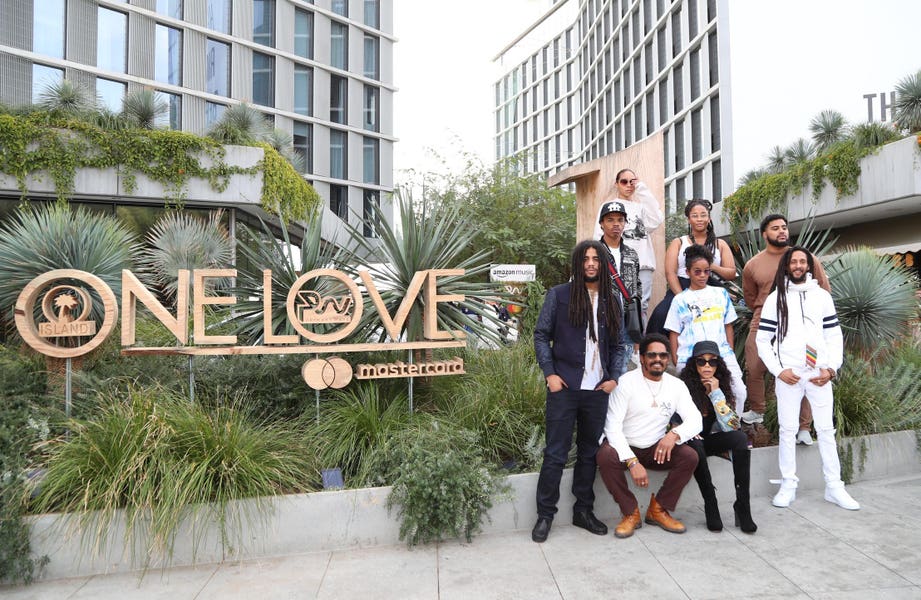
Meta Description: Independent artists and major labels are embracing AI marketing automation for better ROI and targeted promotion. Learn how automation is transforming music marketing.
The music industry has always been about connecting artists with their audience, but finding that audience used to require deep pockets and industry connections. Now AI powered marketing automation is leveling the playing field, making professional grade promotion accessible to independent musicians while helping major labels optimize campaigns more effectively. According to a recent Forbes analysis, artists using these automated tools report measurable ROI improvements through better targeting and data driven timing. Could this signal the end of spray and pray marketing in music, replaced by precision automation that actually works?
Traditionally, music marketing meant expensive radio campaigns, print ads, and hoping for playlist placements. Independent musicians often struggled with time consuming manual tasks like scheduling social media posts, managing email lists, and analyzing which promotional efforts actually drove streams or sales.
The digital revolution brought new opportunities through streaming platforms and social media, but it also created information overload. Artists found themselves drowning in data from Spotify, Apple Music, Instagram, and TikTok without clear insights on how to act on it. Meanwhile, the sheer volume of music released daily over 100,000 tracks uploaded to streaming platforms each day makes cutting through the noise increasingly difficult. This created a perfect storm where effective marketing became both more crucial and more complex than ever before.
The Forbes piece highlights several concrete ways AI powered marketing automation and AI music marketing tools are changing the game for musicians:
Artists adopting music promotion AI and AI powered music promotion tools report reduced wasted ad spend and higher conversion rates from their promotional efforts. One key advantage is personalized outreach. Rather than sending generic messages, AI systems can craft targeted communications based on individual listener preferences and behavior patterns, improving engagement and increasing streams.
This shift toward marketing automation represents more than just operational efficiency it is democratizing professional music promotion. Independent artists can now access sophisticated targeting and analytics tools that were previously available only to major labels with dedicated marketing teams. This levels the competitive landscape, allowing talent and creativity to compete more directly with marketing budgets.
For major labels, automation offers scalability and precision that human teams cannot match. Labels managing dozens or hundreds of artists can now run personalized campaigns for each act while optimizing spend across their entire roster. The data insights also inform A R decisions and release strategies beyond just marketing.
However, this trend raises important questions about the future of music marketing roles. As routine tasks become automated, marketing professionals must evolve into strategists and creative directors who work alongside AI systems rather than perform manual analysis. The industry will likely see a shift from marketing generalists to specialists who understand both music culture and marketing automation technology.
The broader context is significant too. This aligns with AI adoption across creative industries from automated content creation to predictive analytics in entertainment. Music marketing automation sits at the intersection of this trend, where creative expression meets data driven business strategy. Emerging legal and copyright questions around AI in music production and promotion remain unresolved, particularly as these tools become more sophisticated. Ethical phrases like AI ethics in music marketing and privacy in music AI are becoming more important for industry conversations.
AI marketing automation in music is not just about efficiency it is about giving artists better tools to find their audience in an increasingly crowded digital landscape. When independent musicians can access the same sophisticated targeting and analytics as major labels, the result is a more competitive and potentially more diverse music ecosystem.
As these tools continue to evolve, successful artists will likely be those who combine creative authenticity with smart automation strategy. The technology handles the data crunching and repetitive tasks, freeing musicians to focus on what they do best creating music that resonates. For an industry built on connecting artists with fans, that is a harmony worth pursuing. The question now is not whether to embrace marketing automation but how quickly artists can learn to use these tools effectively while maintaining their authentic voice.



